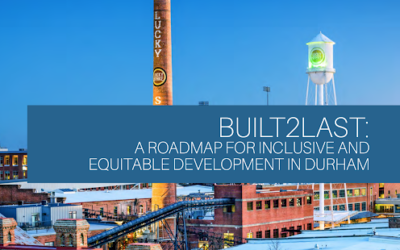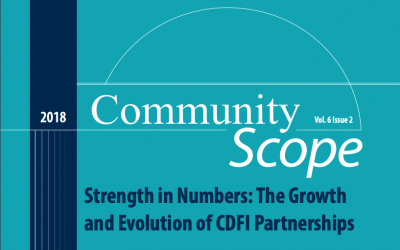Publications, Webinars and Podcasts

Scientific Sense ® with Gill Eapen: Prof. Jeanne Milliken Bonds
This podcast of Scientific Sense ® with Gill Eapen features: Prof. Jeanne Milliken Bonds, Professor of the Practice, Impact Investment, and Sustainable Finance at the Kenan-Flagler Business School at the University of North Carolina at Chapel Hill on Whole Community Health, Pilot project by Kenan Charitable Trust in two North Carolina counties – Six interconnected pillars of opportunity: Economic stability, Education, Healthy food, High-quality healthcare, Social integration, and safe physical environment.
Scientific Sense ® is a daily podcast focused on Science and Economics. We talk with the world’s leading academics about their research and emerging ideas in a variety of domains. The conversation is unstructured and unscripted. The host, Gill Eapen, has over 30 years of experience in various areas in Economics, Science, Technology, and Business. Decision Options ®, the firm he founded in 2001, is a leader in AI applications for decision making. Mr. Eapen is the author of two textbooks and a paperback.
Related Articles
Business Intelligence for Creating an Inclusive Model of Contracting and Procurement in the City of Durham
Gentrifying cities increasingly are adopting inclusive and equitable development policies, strategies, tools, and regulatory practices to minimize, if not altogether eliminate, the demographic and economic dislocations that often accompany their growing attractiveness as ideal places to live, work, and play for a creative class of young people and well-resourced retirees who are predominantly white. Creating greater opportunities for historically under-utilized businesses to grow and prosper through enhanced local government contracting and procurement is one mechanism through which gentrifying cities are trying to generate greater equity and shared prosperity.
Built 2 Last: A Roadmap for Inclusive and Equitable Development in Durham
A roadmap for inclusive and equitable development will increase shared prosperity in Durham: sustainability scorecard; collective ambition community mobilization strategy; inclusive entrepreneurial/ business ecosystem; and equitable community economic development innovations fund.
South Carolina Community Capital Alliance Case Study
In the state of South Carolina, community development practitioners have a history of organizing to capitalize on opportunities to create practical solutions for the state’s low- and moderate- income communities in both urban and rural areas. The statewide Community Development Corporation (CDC) association was founded in 1994 by four CDCs. And, in 2000, the state General Assembly provided $10 million in grants, loans and tax credits to certified CDCs by enacting a Community Economic Development Act. The legislation required a state certification of entities as CDCs and CDFIs. Even though CDFIs may be certified by the U.S. Treasury, the state of South Carolina is separate and apart from that process.







